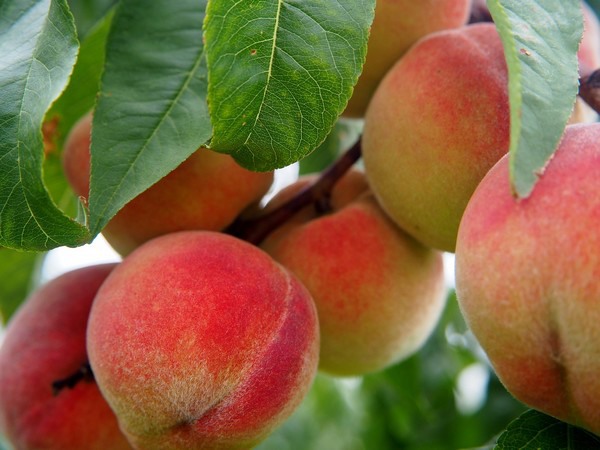After consulting the official data, which indicates there's a decrease in the stone fruit campaign this year, the Union of Unions stated they were confident prices at origin could improve now that the bulk of the campaign was beginning.
The organization highlighted that, according to different official data, the supply of stone fruit at the European level was 30 to 40% lower than the average of the last five years and 15 to 20% lower than in 2020 due to different climatic adversities.
The Union of Unions said there could be a rapid recovery in demand once the temperature increases. The organization said there was demand and a shortage of supply so farmers should be paid better prices without impacting consumer prices.

30% to 70% losses in producing areas
So far, the prices at origin in the stone fruit producing areas with the earliest varieties -such as the Region of Valencia, where the apricot, peach, and nectarine season is well advanced or about to end- have not compensated producers for the production losses they've had. The losses were mainly due to climatic adversities, such as frosts, which have caused losses of nearly 50% of the area's average production.
The production of plums remained stable and cherry production increased over the previous year, but it still doesn't match the kilos obtained in a normal year. Extremadura is the main producer of these products.
The Union of Unions emphasized that the frosts affected the main producing areas of Catalonia, such as Lleida, where they expect a 40% drop in apricot, peach, and nectarine production when compared to a normal year. The area of Segrià, the main apricot-producing region of Lleida, was the most affected as it had losses of approximately 70% in this crop.
The Union of Unions said that the loss of kilos in the trees will improve the quality of the fruit that wasn't affected. They urged consumers to take advantage of this high-quality fruit, betting on local and seasonal consumption while supporting Spanish fruit growers.
The organization asked the Spanish companies in the sector to defend prices that are in accordance with the supply situation and that allow producers to compensate the production losses they've had due to weather issues in this campaign.
For more information:
Unión de Uniones
uniondeuniones@uniondeuniones.com
www.uniondeuniones.org
